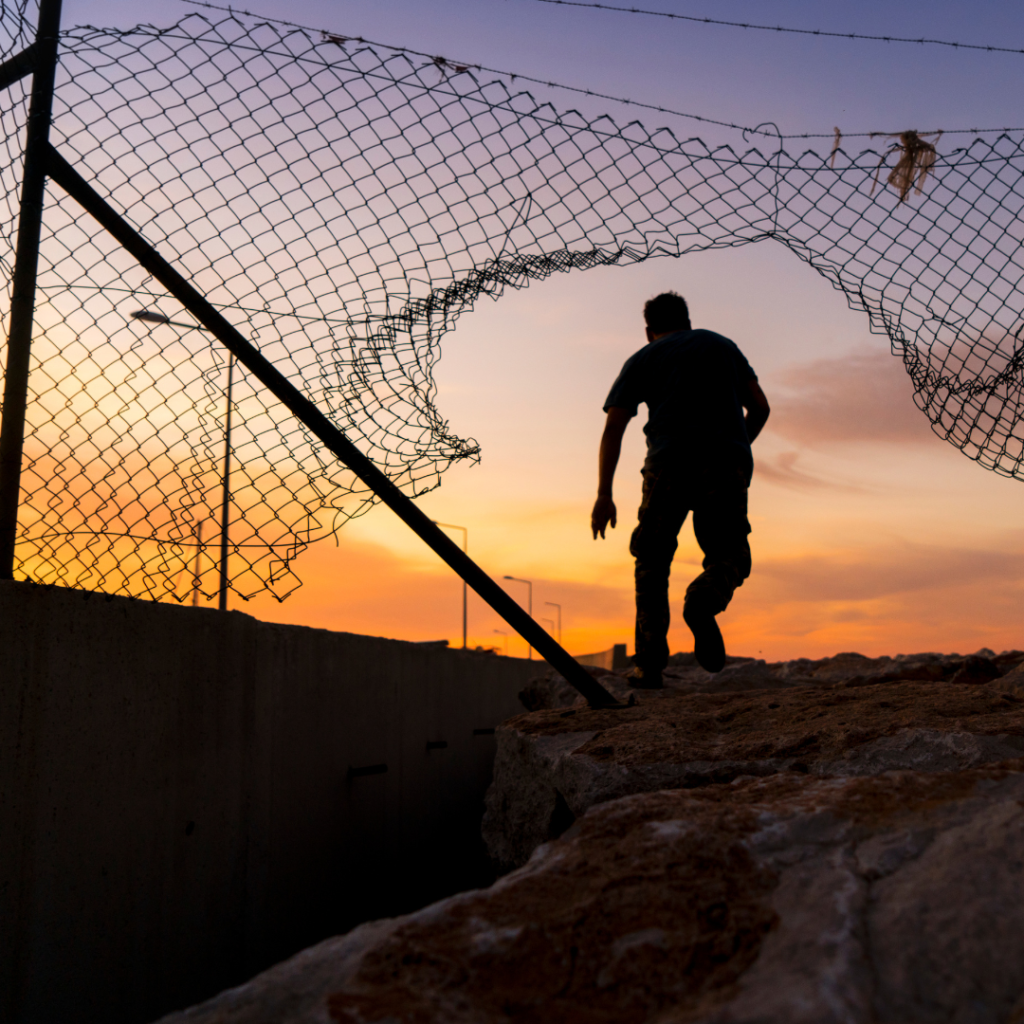Imagine that you are a 17 year-old Eritrean boy, sentenced to years in prison for trying to avoid the programme of compulsory and indefinite military service administered by the country’s authoritarian government.
Imagine that you manage to escape and find your family, who scrape together just enough money for you to be smuggled across the border to Sudan, the first stage in a journey that will eventually take you to Libya, where you hope to make the money needed to repay your parents.
Imagine that the civil war raging in Libya and the country’s abusive treatment of African immigrants forces you to cross the Mediterranean Sea and the English Channel in flimsy boats, all in a desperate attempt to reach the UK, where members of the substantial Eritrean community have promised to look after you.
And imagine that on arriving in the UK, now 18 years old, you are arrested, detained and bundled onto a plane that takes you and dozens of other refugees on a flight to Rwanda, where you might be given an opportunity to remain. You will never be allowed to enter the UK legally, and you will be imprisoned once again for desertion if you go back to Eritrea.
While this is an imaginary story, but it is one that could well become a reality as a result of a new refugee policy introduced by the British government. Under that policy, anyone who enters the country in an irregular manner will be denied the ability to submit an asylum claim. After being sent to a detention centre or electronically tagged, such people will be deported to Rwanda, where the authorities will determine whether they should be given refugee status or returned to their country of origin.
The British government’s first attempt to implement this new policy was blocked in mid-June 2022 after a last-minute intervention from the European Court of Human Rights. But the UK authorities have made it very clear that they are determined to proceed with the deportation agreement they have reached with Rwanda.
There are a number of compelling reasons why they should not.
First, the UK-Rwanda deal is illegal under international law, as UNHCR, the UN’s refugee agency, has insisted. Asylum seekers should not be penalized on account of the way they have arrived in a country, the authorities of which have responsibility for examining their claim to refugee status. As UNHCR has pointed out, the UK’s new policy also contradicts the principle of responsibility-sharing, by preventing refugees from settling in one of the world’s most prosperous states and forcing them to take up residence in one of the poorest.
Second, most of the people who will be subjected to detention and deportation are genuine refugees and not, as the UK government claims, ‘illegal immigrants’. Some 80 per cent of the asylum claims considered by the British authorities are approved, with those from countries such as Eritrea, Afghanistan and Syria reaching even higher figures.
Third, the UK has said that the only exemptions to the new policy will be unaccompanied children and Rwandan nationals. An Afghan man who has worked for the British armed forces and who is being hunted by the Taliban will in principle be subject to detention and deportation ,as will a single Ukrainian woman whose husband and children have been killed and home destroyed in the Russian invasion. And all because they have arrived in the UK by ‘irregular’ means.
Fourth, there are serious doubts about Rwanda’s ability to provide deported refugees with a safe and secure future. The country has little experience of assessing asylum claims, and its security services have in the past shot and killed refugees who were protesting to demand better conditions. As the British government itself acknowledges, Rwanda’s human rights record is far from perfect, while people from the LGBT community are at particular risk of discriminatory and abusive treatment.
Finally, as demonstrated by Australia’s efforts to send refugees to offshore processing centres, the UK’s new policy will be extremely expensive to implement and will set a worrying example for other states to emulate. Indeed, Denmark is known to have been involved in discussions with Rwanda and other African states for the establishment of similar refugee deportation deals.
Over the past 70 years, the international refugee protection system has proven its worth as a means of saving lives and allowing people who are threatened by persecution and human rights violations to find safe sanctuary and a productive future elsewhere. If the new UK strategy is implemented, other states are certain to conclude that they are also at liberty to evade the responsibilities that the system entrusts to them.
If you are interested in the work of MOAS and our partners, please follow us on social media, sign up to our newsletter and share our content. You can also reach out to us any time via [email protected]. If you want to support our operations, please give what you can at www.moas.eu/donate

